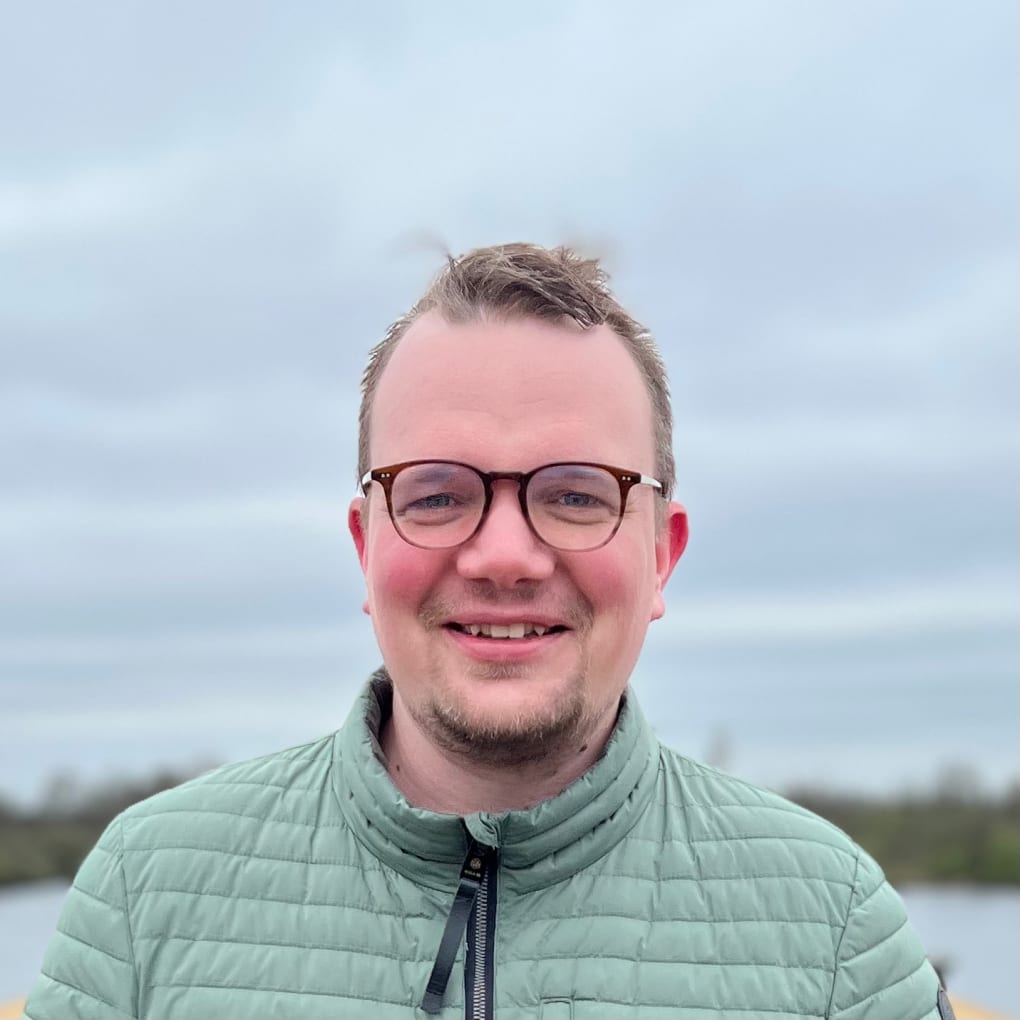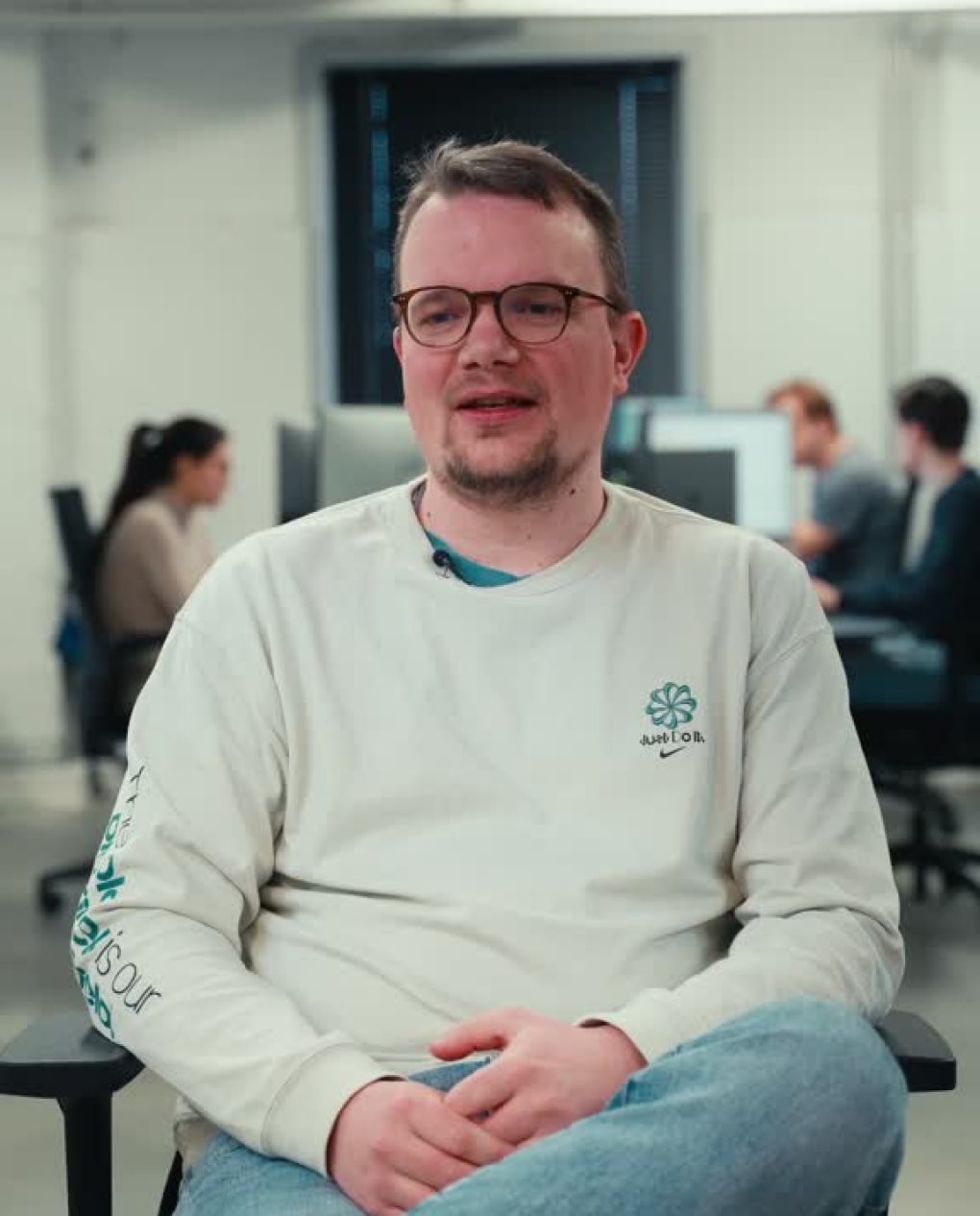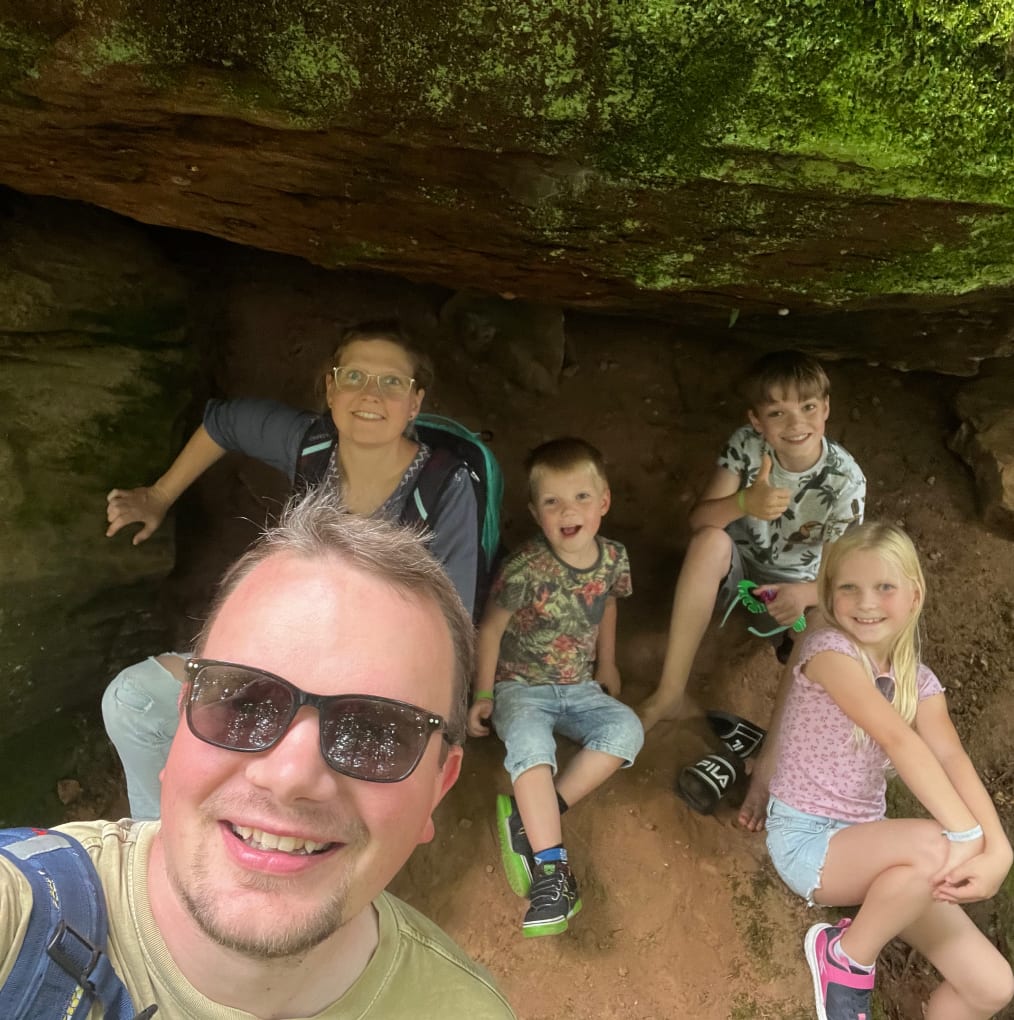Pionect’s Strategy for Success
Today I love what I do but it’s not always fun of course. I see it as this funnel: all the problems no one else can solve are the problems I will have to solve. Sometimes I do wish I had a normal job, because I never stop thinking about all the little things. There's this huge list of little things constantly in my brain. To be a good boss you also really need to be a people person because when you have employees you have to know how to manage people and not everyone can do it. I think that is very important to be successful because the company depends on the people, so doing that correctly is an art in itself. Overall I love my job but my favorite things are probably having nice people around me who I love to work with and building nice things (although I don’t build that much anymore, I can still help design some things).
I think it’s important to surround yourself with people who are smarter than you in certain areas, so I try to find people who are smarter than me and have more experience with things that I don’t. I try to learn from the people around me and if I notice I have a blind spot I try to find a person to fill that in. I think that’s a very good way to learn. For me, at some point, it became about the question: What does your company need to grow? This question is one of the hardest puzzles to solve and it took me around 6 months to find the answer to that particular question. I decided to get rid of all the small projects and decided to only focus on the TaaS (Team as a Service) model because that’s what the company needed to grow. That worked because, I was able to scale the business from €600,000 in revenue to €1.3 million in two years, when before that it had taken us ten years to get to where we were. So that means that I was able to double what had taken us ten years to build in only two years.





